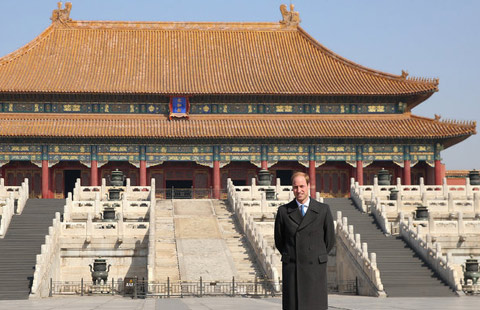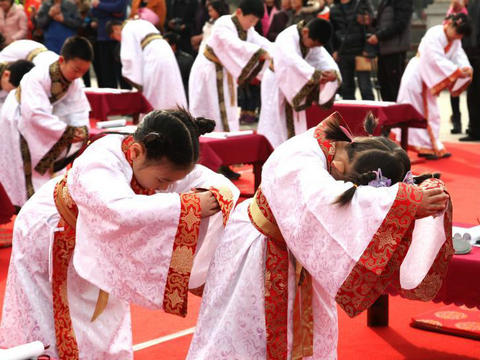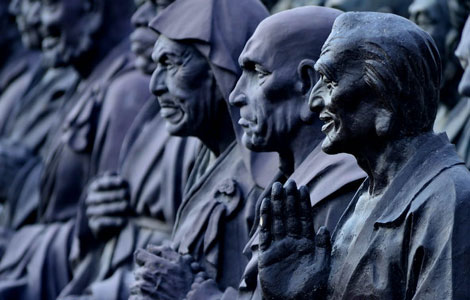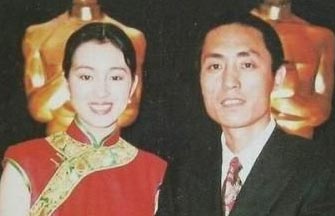Country must work hard to create new cultural classics
By Chen Jie ( China Daily ) Updated: 2015-03-04 07:49:17Feng realized that old villages and the traditional lifestyles of their people were dying, and "threw away" his brush and pen so he could devote himself to saving them.
In the mid-1990s, Tianjin launched a reconstruction program. He could do nothing to stop the reconstruction, but was determined to preserve the heritage of the 600-year-old city.
He arranged for photographers to take pictures of the old streets and buildings, sent out volunteers to record the residents' memories of life in the old communities, and spent large sums of money buying historic objects. All these treasured memories are now on show in Tianjin's Old City Museum.
Feng does not only care about his hometown - he has visited 2,000 counties to help preserve their heritage.
"We used to have thousands of towns and villages with a variety of unique cultures, but now villages disappear one after another and all the towns look the same," he said.
In 2001, he met an elderly woman on the border of Shaanxi and Gansu provinces who could sing many old folk songs. He was unable to record them all because of his tight schedule, but promised to come back. He kept his promise and returned the next year, only to find that the woman had died. Her daughter told him that before her death, the woman had kept asking, "When will that guy come back to listen to my songs?"
"I was so sorry, and decided I would never again delay recording such treasures," Feng said.
In 2003, Feng started a nationwide project to preserve folk traditions, and the following year he launched the Feng Jicai Folk Culture Fund.
"Every day, I receive numerous calls, e-mails and letters from all over the country telling me that a certain craft is dying or old buildings are being torn down," he said.
"The speed at which we try to save them is far behind the speed at which they are destroyed. We're battling against time, but should never give up."
- Chinese cultural heritage - Yangko
- Huashan Mountain rock painting submitted for World Heritage listing in 2016
- China disqualifies 300 intangible cultural heritage programs
- Training on Safeguarding Plans and Policy Support of Intangible Cultural Heritage started in Shenzhen
- Written lineage in intangible cultural heritage cross-year exhibition kicks off
|
|
|
|
|
|
|
|























 Raymond Zhou:
Raymond Zhou: Pauline D Loh:
Pauline D Loh: Hot Pot
Hot Pot Eco China
Eco China China Dream
China Dream China Face
China Face






